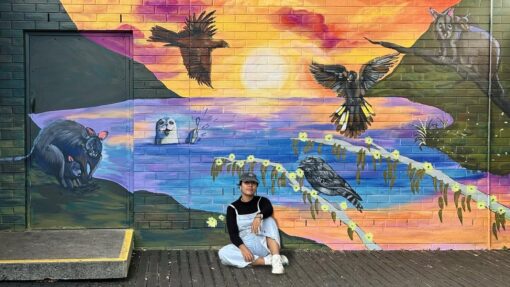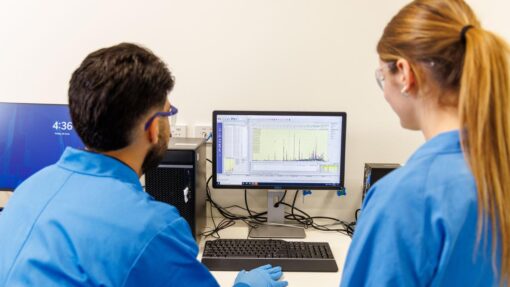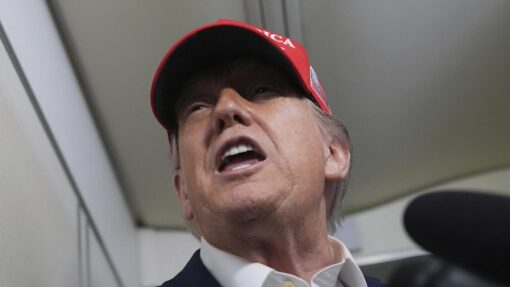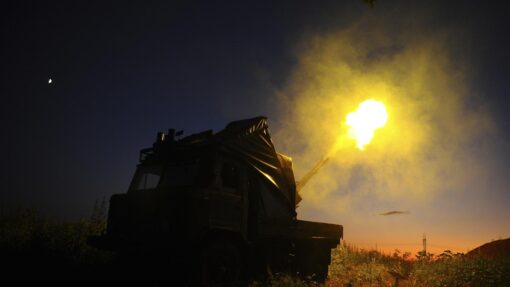Indigenous ancestors returning home from New Zealand
Keira Jenkins |

First Nations ancestors will return to their communities and countries, after a repatriation ceremony in New Zealand.
Five ancestors are returning to Australia from the Auckland War Memorial Museum and one from the University of Auckland.
Representatives from the Dambeemangaddee community of Collier Bay in Western Australia travelled to New Zealand for a ceremony at the Auckland War Memorial Museum to mark the return and will accompany their ancestor home.
“Within our cultural beliefs as Wanjina-Wunggurr people, we recognise that the spirit of our ancestors is embedded in their bones,” Dambeemangaddee community member Gary Umbagai said.
“Our people’s bones should be in their Country, not somewhere else; that is not right.”
“We are pleased to see our ancestor being returned and we know that the spirit of that person will be happy to be home, after such a long time away in a strange place.”
At the request of the Wamba Wemba community, one ancestor was returned under stewardship of the federal government.
The government will provide care for another four ancestors until they can be returned to their respective communities.
Indigenous Affairs minister Malarndirri McCarthy commended the work of those involved in the repatriation.

“The removal of ancestors from Country and taking them so far from home is a historical injustice – and these returns go some way towards righting those wrongs,” she said.
“I know these returns will mean so much to the families and communities affected.”
More than 1700 First Nations ancestors have been returned from overseas collecting institutions and private collectors over the past 30 years.
The federal government said it is continuing discussions with a number of New Zealand collecting institutions and universities about further repatriations.
“We’ll continue to advocate for First Nations communities to see the dignified return of their ancestors to their rightful lands,” Arts Minister Tony Burke said
“This is essential work and is vital for healing and reconciliation.”
AAP


